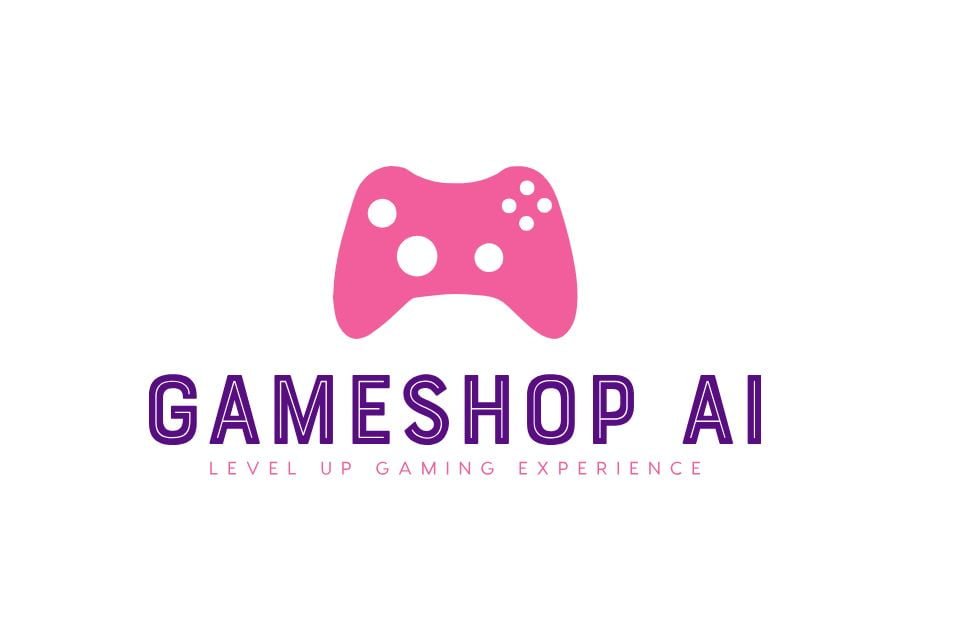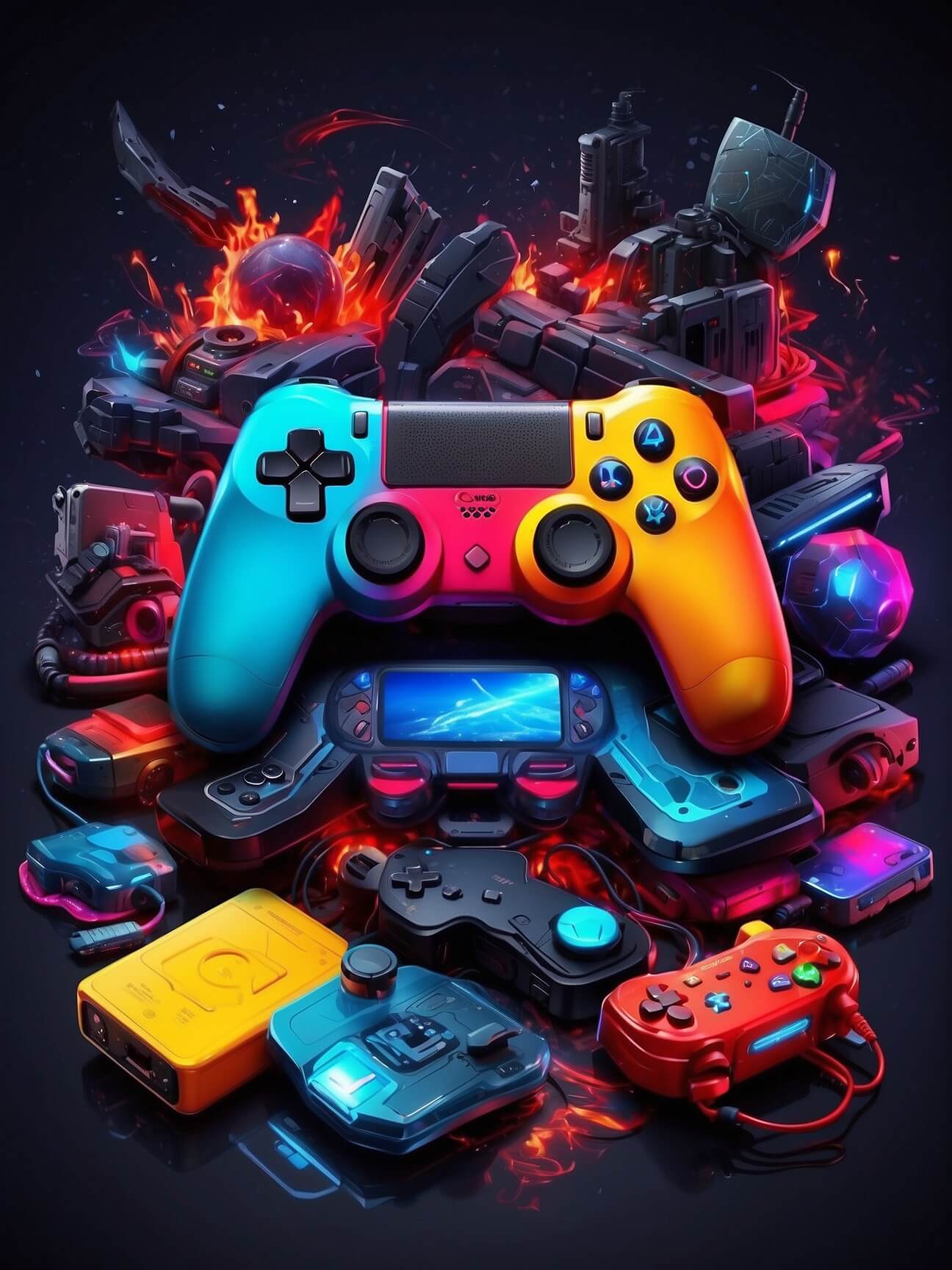Don't miss our holiday offer - 20% OFF!
15 Years Later, No Left 4 Dead 2 Successor Has Replicated Its Secret Weapon
Left 4 Dead 2 is celebrating its 15-year anniversary today, November 17, 2024. Below, we look at how its cast and their interactions set it apart from its contemporaries and modern imitators alike.
Left 4 Dead 2 has been rightfully receiving its flowers for the past 15 years. The modding community has come up with everything from visual enhancements like improved blood textures to completely user-made campaigns. The last two DLCs for the game, Cold Stream and The Last Stand, were made by community members and officially endorsed by Valve. At the time of writing, there are over 45,000 players in-game on PC, and (if you somehow still don’t own it) you can play it for free during this anniversary weekend. As such, the Steam discussions are filled with dozens of threads about the Good Guy Nick Achievement, which can only be obtained when the game is on a free weekend, something that occurs every couple of years.
But there’s a special legacy Left 4 Dead has left behind: Valve’s shooter has been a catalyst for a new subgenre altogether. Games like Back 4 Blood and The Anacrusis follow the formula closely, which isn’t surprising considering the development teams include people who worked on Left 4 Dead. Others, such as Warhammer: Vermintide, Deep Rock Galactic, and Aliens: Fireteam Elite iterate on the concept of a co-op shooter by leaning closer to its own worlds, taking inspiration from existing franchises or coming up with brand-new mechanics to stand out from the rest. Yet, as more developers are taking the genre in interesting new directions, there’s one crucial element that is often overlooked in these iterations.
The passage of time has not diminished Left 4 Dead 2’s strengths. The clever “AI Director” dictating and reacting to the pace and behavior of your group to the B-movie flair embedded in every corner are standouts. But if there’s one thing that entices me to return to the game, and a crucial aspect that none of the Left 4 Dead-likes have managed to achieve to a similar degree, is the cast of characters and the personality each of them oozes.
This was a strong suit even in the first Left 4 Dead with Zoey, Francis, Louis, and Bill. From the moment you set foot on the first rooftop on your way to Mercy Hospital, the frequent character interactions are put front and center. The quips can be further extended (on PC) by using a conversation wheel to express yourself drawing from a pool of hundreds of lines for laughing, cursing, and thanking others. While neither game was ever story-driven, you get to learn more about the characters’ personalities thanks to these conversations, and how they interact with each other throughout the campaigns. As a result, I cared more for their survival within the world itself, and not just from a sole gameplay standpoint of reviving a friend during a horde rush. As time passed, I found Bill’s incidental role as a parental figure to be endearing, and Francis’ constant complaints became a running joke rather than making him an annoying character.

Left 4 Dead 2 took this foundation further with Nick, Coach, Rochelle, and Ellis: Some smaller details include voice command shouts being louder or quieter when calling other characters’ names depending on the distance from each other, or the iconic Easter egg in the Dark Carnival campaign where the cast sings song excerpts if you interact with the microphone on stage during the final fight. But there’s a greater focus on highlighting the characters–unlike the first Left 4 Dead campaign, No Mercy, the group begins the sequel not knowing each other’s names in Dead Center. They’re eventually introduced to one another and establish a bond over the later episodes. The DLCs, as well as the integration of Left 4 Dead into Left 4 Dead 2, are proof of Valve extending the philosophy to the original cast as well, with The Passing uniting both groups in the same campaign, and The Sacrifice adding another sentimental layer as an overarching narrative involving Bill.
Looking back at all the late nights I’ve had playing with friends during the past 15 years, I believe the characters are responsible for tying the whole experience together. They remain singular in nature, resulting in a sense of personality that is yet to be matched. Some jokes and banter lines, such as Nick remarking on Ellis’ excitement over the carnival Kiddie Land by saying, “He’s like a five-year-old, with guns and a comprehensive grasp of every swear word in the English language,” and the multiple variants for friendly fire reactions like Ellis’ “I am not a zombie, shoot the zombies!” never get tiresome.
As it stands, the future of Left 4 Dead is uncertain. In 2023, people found a mention of “Left4Dead3” in Counter-Strike 2’s files, albeit with the downside that, according to the files, the project’s priority is “none” for Valve. This follows a series of similar I Want to Believe mentions throughout the years in other titles like Half-Life: Alyx and Portal VR, including more concrete details in The Final Hours of Half-Life: Alyx documentary, where it was revealed that Left 4 Dead 3 was supposed to be an open-world game set in Morocco, only to be canceled due to game engine Source 2’s unfinished status at the time.
It’s hard to know if a third entry could capture the charm and chemistry of the existing characters with a new group once more. Despite having replayed the campaigns dozens of times over the years, however, I’m still discovering interactions by the cast. And even when I’m not, joining a lobby feels like revisiting old friends at this point. Picking a character in Left 4 Dead 2 doesn’t give you any different perks–each one of them can use all weapons, and their survival depends on your skills and cooperation with others alone. The game’s most noteworthy achievement, then, is giving importance to that decision regardless of its importance–choosing the eyes from which to see the apocalypse through is as memorable as your efforts to make it out alive with that character.

